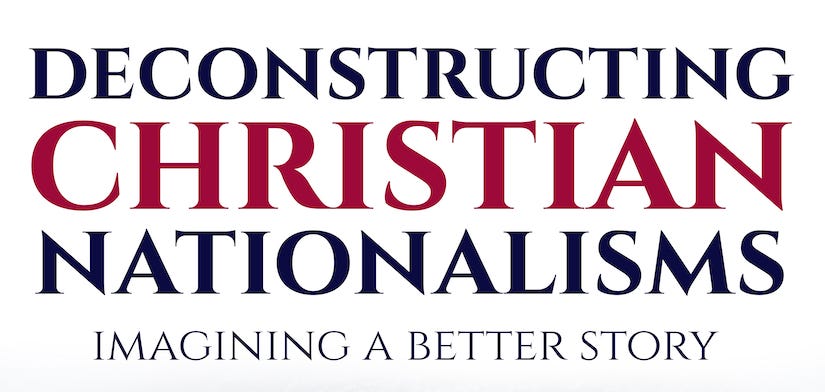Rejecting Mainstream American Civil Religion
Sect, cult, or both?
In Mining Quantitative Christian Nationalism (QCN) Data, I noted that digging into the tabulations of the QCN data leads me to believe that Christian Nationalism simultaneously manifests sect-like and cult-like characteristics. I think it is sect-like when one focuses on behaviors of less privileged Whites and non-White adherents and cult-like when one focuses on its higher social status adherents.
It is sect-like to the extent that it promotes and creates schism within the American body politic through the promise of a purer otherworldly faith that will restore the American civil religion to greater tension with the emerging norms of the Digital Age. If it is indeed sect-like, religion sociologists tell us it’s best understood as a movement of those in “lower social standing” resisting cultural pressures from those embracing transformation of the body politic by the tides of cosmopolitan thought and demographic change.1 The sectarian promoters appeal to those of lower social standing not by offering something new but by emphasizing the “old, familiar culture.”2 To the extent the movement is sect-like, its attraction to the less economically privileged is the promise not only of otherworldly rewards but also this-worldly rewards they find scarce in their daily lives, such as social status, self-esteem, fellowship, entertainment, wealth, health, and security.3
Those are the themes Michael Flynn and the Trump machine emphasize in their star-spangled baptisms of their Reawaken America Tour and festive campaign rallies. “They don’t respect you, but we do.” “We will protect your jobs from immigrant competition.” “We are one, and together, we will defeat those that bedevil us and make America great again!” In sect-like fashion, the rallies, which entertain and inspire, create an ecstatic sense of unity by celebrating participants’ identity as the “Real Americans” who must not allow themselves to be contaminated by the infectious liberalism of the Othered communities who disrespect and oppress Real Americans.
But how can we think of the 37.7% of Ambassadors and Accommodators whose household incomes rank them in the top third of the U.S. population?4 How is it that the privileged and well-educated among us are willing to accept irrational conspiracy theories, defend demonstrably false claims about events, and see no contradiction in the hierarchies of human value they support politically and the baptismal vows they proclaim at the altar? Perhaps the answer is that the movement can also be understood as a cult rejecting the norms of American civil religion. The movement is cult-like to the extent that it rejects mainstream civil religion and promotes a new faith, a new way of seeing the world that appeals to those who feel they deserve more wealth, privilege, and freedom than they already enjoy.5 That new faith promises holy war against an abstract enemy (socialism!) and access to transcendent values insufficiently mediated through wafers and wine or feel-good sermons filled with pop psyche clichés. A de-historicized Jesus is hard to die for. As an alternative, the new faith infuses the nation-state with transcendence worthy of sacrifice.
Suppose we understand the White Christian Nationalist movement as a sect. In that case, it is a movement from the bottom-up - a yearning of the least privileged among us for current goods like wealth, fellowship, and security of place and status. Our narrative should offer an account of human flourishing that addresses those this-worldly rewards.
On the other hand, suppose we understand the movement as a cult. In that case, it expresses a broader yearning led by the more privileged for delivery from isolation, meaningless, and death. It suggests that the dominant form of American civil religion no longer plausibly embodies the transcendent. In that case, our narrative should address how our alternative account of human flourishing fulfills our universal hunger for the transcendent.
Stark, Rodney. 1997. The Rise of Christianity: How the Obscure, Marginal, Jesus Movement Became the Dominant Religious Force ... HarperSanFrancisco. 32.
Stark, 38.
Stark, 35.
Whitehead, Andrew L., and Samuel L. Perry. 2020. Taking America Back for God: Christian Nationalism in the United States. Oxford University Press. 27.
Stark, 38.



